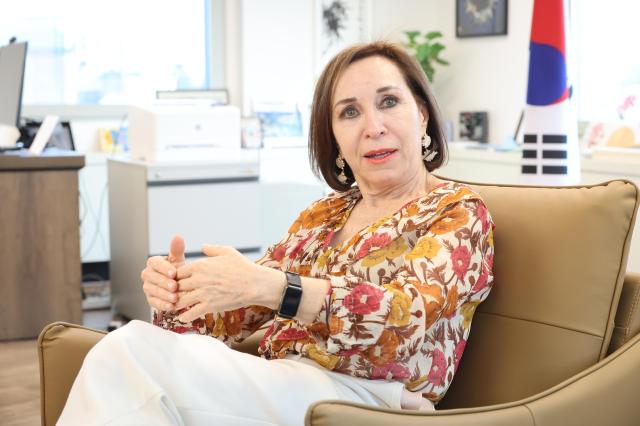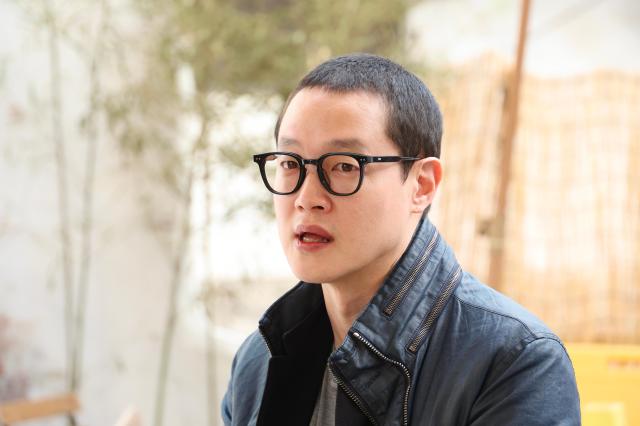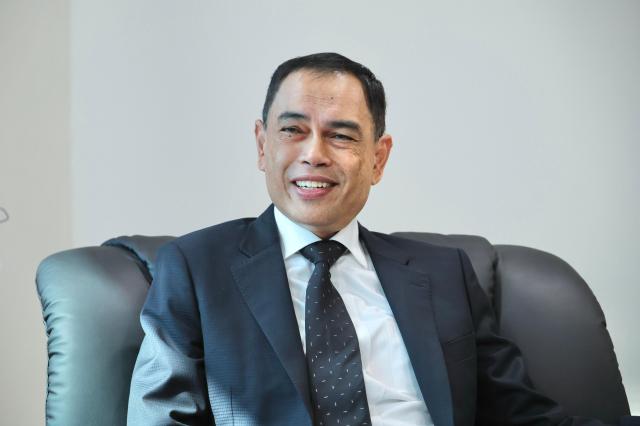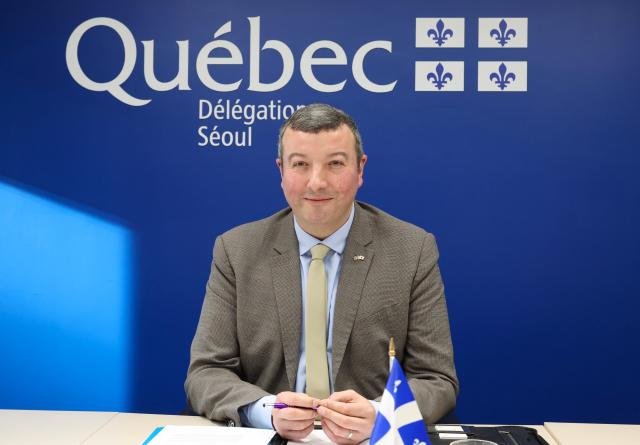
SEOUL, April 15 (AJP) - For more than 60 years, Brazil and South Korea have steadily built a strong partnership that now spans diplomacy, business, and culture. In 2023, the two sides signed a Trade and Investment Promotion Framework (TIPF), reinforcing their collaboration in green energy and digital technology. South Korea is a key partner for Brazil in Asia, both as a major investor and a destination for industrial goods and consumer technologies.
In a conversation on Apr. 10 at the Brazilian Embassy in Seoul, Ambassador Márcia Donner Abreu spoke about the progress made in bilateral ties and explored new opportunities for cooperation. She highlighted shared goals in sustainability, green energy, and pharmaceuticals, but also raised concerns about lingering challenges in trade negotiations. As her time in South Korea draws to a close, she also reflected on the personal and professional significance of her posting.
"We clearly have opportunities to work together in green energy. Brazil brings abundant natural resources and renewable energy experience, while South Korea brings advanced technologies. This is one of the most promising areas for bilateral cooperation," Ambassador Abreu said.
Hydrogen featured prominently in the discussion. According to the state-operated Korea Electric Power Corporation, South Korea is expected to import up to 580,000 tons of green and blue hydrogen from overseas sources by 2030 as its first step in the global RE100 program designed to reduces dependency on fossil fuel and emission of carbon dioxide. The ambassador said Brazil’s renewable energy capacity makes it a strong candidate for future collaboration.
"The World Bank once said Brazil has the most potential in green hydrogen. We have wind, solar, and hydropower capacity that is unmatched," she said. She added that while logistical challenges exist, pilot projects are underway, and Brazil already has one operational hydrogen production facility near a wind-powered harbor.
Ethanol is another pillar of Brazil’s sustainability strategy. Ambassador Abreu described it as a "very green energy," noting Brazil’s long-standing use of flex-fuel vehicles that run on ethanol, gasoline, or a mix of both. She pointed out that the model has been successfully exported to India, Indonesia, and Japan.
"You already have a flex-fuel car model made by Hyundai in Brazil. If there's willingness, ethanol and flex-fuel cars could be introduced to South Korea," she said.
She also praised growing cooperation in the pharmaceutical sector, citing Brazil’s partnerships with South Korean companies like Samsung Bioepis. Under Brazil’s product development agreements, South Korea supplies biosimilars while Brazil gradually builds the capacity to produce them domestically.
But despite those success stories, she was frank about the difficulties in expanding trade. A major sticking point remains South Korea’s continued ban on Brazilian beef. The ambassador expressed frustration over stalled sanitary inspections and lack of communication.
"If there's no progress on sanitary protocols, there's no sense in negotiating an FTA," she said. "Beef is essential for Brazil, and trade deals must include sectors where both sides are competitive."
She emphasized that Brazil has been free of foot-and-mouth disease for years and has met international standards. Yet a promised inspection visit by South Korean officials has been delayed repeatedly.
"It is not appropriate that a legitimate, high-level request for dialogue is met with silence," she said.
Despite the setback, the ambassador said an FTA could bring real benefits, if the beef issue is resolved. "A South Korea-Brazil FTA could help us upgrade the relationship to a new level. But first, we need a minimum sign of commitment."
As she prepares to wrap up her three-year term, Ambassador Abreu showed confidence in the bilateral relationship between her home country and South Korea. "I'm confident that the relationship between our two countries will continue to grow stronger," she said. "There is so much more we can achieve together. "
The Brazilian Ambassador also shared her experience in Seoul. "Beyond the smart cities and advanced technology, it's the warmth and resilience of the people that touched me the most," she said. "The everyday greetings in the park, the quiet strength of elderly citizens, and the spirit of resistance I've seen in South Korea will stay with me."
Copyright ⓒ Aju Press All rights reserved.





View more comments